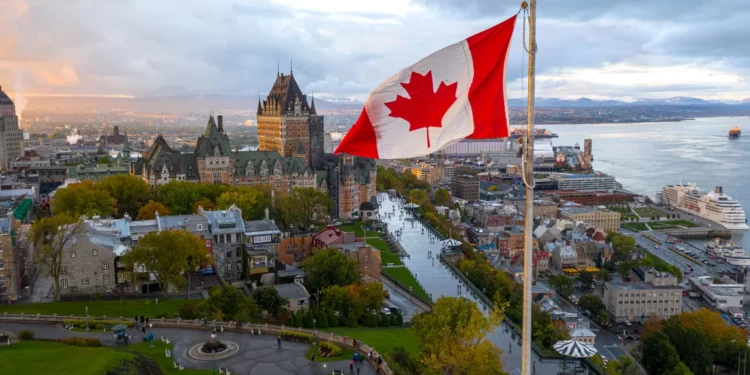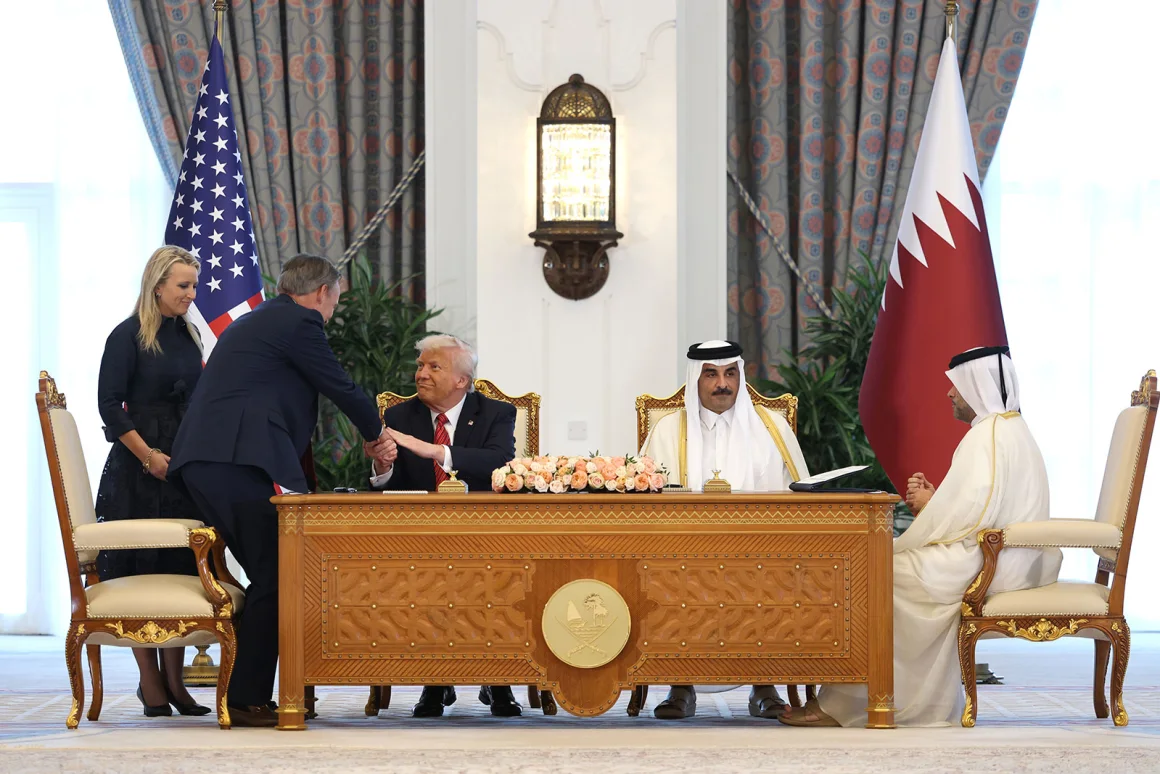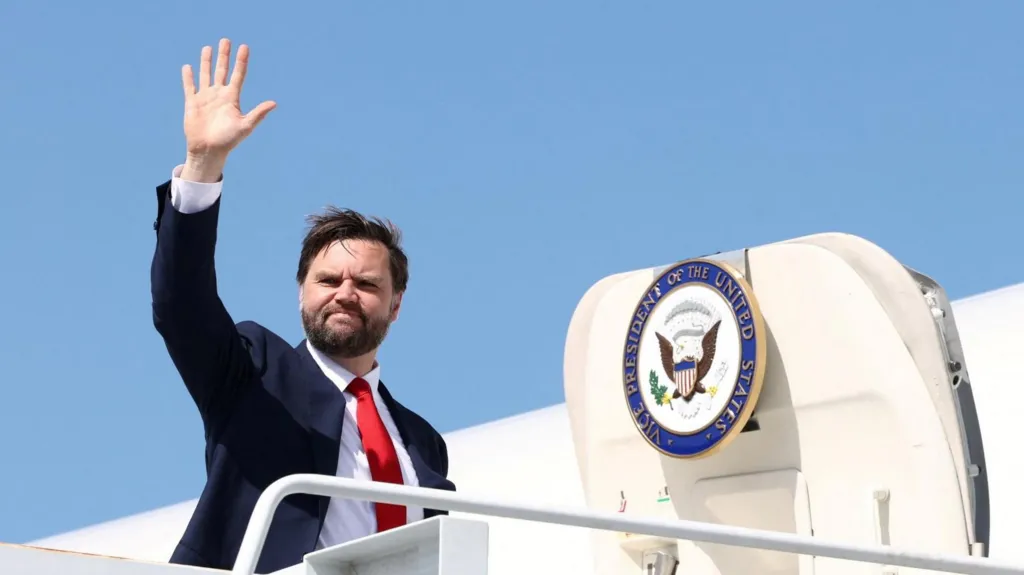The bucolic, vineyard-dotted Eastern Townships region of southern Quebec has a message for Americans: come hug it out.
The region’s tourist board released a promotional video on May 26 portraying an English-speaking tourist who bashfully admits to being American — then gets a big hug from a French-speaking hotel receptionist.
It’s part of a CA$150,000 (US$109,000) ad campaign timed for the start of the summer travel season and aimed at US vacationers. Isabelle Charlebois, general director of Tourism Eastern Townships, said the video is meant to reassure American visitors that “they are not only expected this summer, but truly welcome.”
If travelers need that encouragement, perhaps it’s because amid a trade war and rising tensions some are wondering if it’s the right time to visit Canada.
“When our administration starts talking about making Canada the 51st state, I could understand if Canadian border patrol might be giving extra scrutiny to Americans,” said Brian Kirchhoff of Middlebury, Vermont.
While he still plans to visit Montreal for next month’s Canadian Grand Prix, Kirchhoff worries escalating rhetoric from the White House will have repercussions for Americans traveling abroad. “I just don’t know what attitudes are going to be as the situation continues to unfold,” he said.

Melissa Curtin McDavitt, a Fora Travel adviser in Los Angeles, California, was taken aback when clients cited concerns about politics and cancelled a planned girls getaway to Quebec City, a provincial capital that’s among the safest cities in Canada.
“I was shocked,” she said. “Like, ‘are you sure?’”
Other US travelers have been taking to social media forums to ask Canadians to weigh in directly. “We don’t want to stir up trouble,” wrote one American on Reddit. “Is it appropriate for us to visit?”
Andrew Siegwart, president and CEO of the Tourism Industry Association of Ontario (TIAO), said Canadians working at hotels, resorts and other travel destinations are hearing similar concerns from Americans wondering if they should call off their plans.
“Our members and operators across the province are fielding these types of questions,” Siegwart said. “Is it going to be seamless to cross the border? Are we really going to be welcome?”
From ‘elbows up’ to ‘arms open’
Such hesitations could have a big economic impact in Canada, where Americans made up nearly 79% of international visits in the third quarter of last year. US travelers spent $6.6 billion in the same period, according to Canada’s national statistics office.
“The US market is a really strong part of the economy,” Siegwart said, noting that as the peak travel season nears, he’s concerned by slowing cross-border travel. US resident trips to Canada sagged in both February and March, the first year-over-year monthly decreases since 2021.
About a third of TIAO members have reported lower summer-season bookings from American travelers when compared with the same period in 2024, Siegwart said.
“We’re concerned about the impacts of the trade dispute on travel plans by our US neighbors,” he said.
Like their counterparts in the Eastern Townships, members of the Ontario tourism industry are inviting Americans to visit — and telling them that they’ll meet with a warm reception.
“We really are ‘arms open’ to the world and our US visitors,” Siegwart said, using a tagline that riffs on the “elbows up” slogan that’s a rallying cry for Canadian resistance to Trump’s tariffs. “I’ve heard of a number of destinations in Ontario planning to really roll out the welcome mat.”
In western Canada, a group of tour operators specializing in grizzly bear viewing is launching a “Hey, Neighbor!” campaign this month, featuring small business owners speaking directly to Americans.
“We’ve been hearing your questions up here in British Columbia. You’re wondering if you’re still welcome,” the video begins. “Come on up. You’re always welcome.”

















